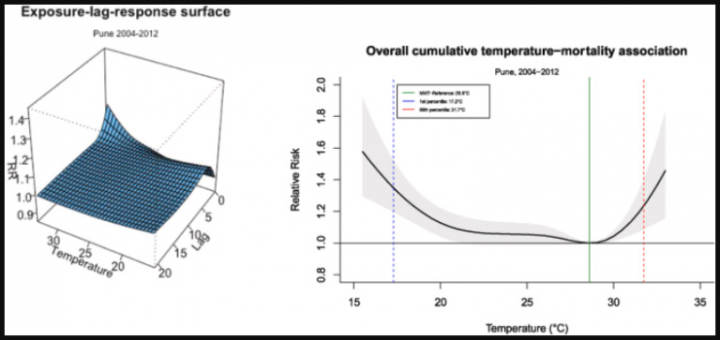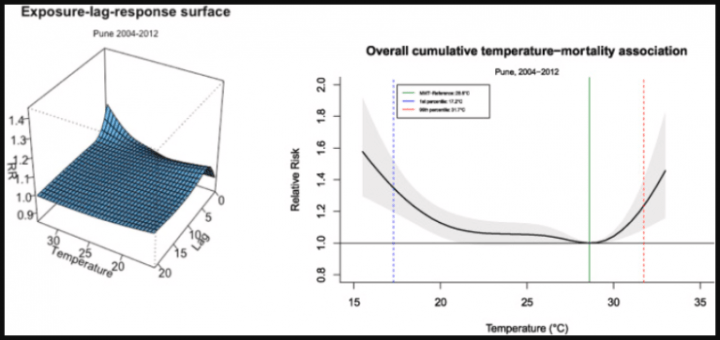Reposted from the NoTricksZone
By P Gosselin
Cold Far More Deadly Than Heat
Everyone knows that weather extremes like storms and extreme temperatures cause deaths. According to global warming alarmists, more heat will mean more deaths, and so it would be better if temperatures cooled off to levels seen 50 years ago.

Source: Ingole et al
However, a new paper: “Mortality risk attributable to high and low ambient temperature in Pune city, India: A time series analysis from 2004 to 2012“, led by Vijendra Ingole of the King Abdullah University of Science and Technology in Saudi Arabia, looked at the relevance of ambient temperature as a risk factor for health in urban Pune city, India and found that the total number of attributable deaths due to cold is higher than heat. Focus on cold reveals it’s far deadlier
According to the study, most of studies assessing the effects of non-optimum temperatures on health and have been conducted in the developed world, whereas in India, the limited evidence on ambient temperature and health risks and has focused mostly on the effects of heat waves. But the authors focused on short term association between all temperatures and mortality in urban Pune, India.
The team of scientists applied a model to derive temperature-mortality associations based on daily mean temperature and all-cause mortality records of Pune city from the year January 2004 to December 2012 and calculated temperature attributable mortality fractions for total heat and total cold.
Men hit harder
The analysis provides estimates of the total mortality burden attributable to ambient temperature. Overall, 6∙5% of deaths registered in the observational period were attributed to non-optimal temperatures. But the cold effect (5.72%) was nearly 7 times greater than heat 0∙84%.
Moreover: “The gender stratified analysis revealed that the highest burden among men both for heat and cold.”
